
An idea emerged over a century ago called a Mass Driver. The first Mass Driver described in print was in the 1897 science fiction novel A Trip to Venus by John Munro. He called it an electric gun. It was his imaginative method of launching vehicles into outer space from the Earth's surface. Munro describes the electric gun as a series of coils energized in a timed sequence to provide the force necessary to get the spaceship into orbit.
Many SiFi authors have used these fictional devices in various ways, Arthur C. Clark, Harry Harrison, James P. Hogan and Alastair Reynolds to name a few. By far my favorite SiFi mass driver is in Robert A. Heinlein’s classic novel; The Moon is a Harsh Mistress. His plot has rebelling lunar colonists using a kilometers-long Mass Driver to bombard Earth and gain their freedom.
Putting a Mass Driver on the moon just makes sense. The moon has only 1/6th the gravity of Earth and with no atmosphere to slow things down, a Mass Driver could conceivably deliver iron-clad payloads of ore or processed resources to a lunar orbit quickly, economically and in the quantities we need. Up until now, Mass Drivers have all been just another invention of science fiction, not of science fact, but that is changing very quickly.
Northrop Grumman Shipbuilding is currently working on two of the US Navy’s new Gerald R. Ford-class carriers in a shipyard on the Virginia coastline. Started in 2008, the first of these supercarriers is scheduled to be commissioned in 2015 at the cost of over $13.5 billion.
Built on the basic footprint of the earlier Nimitz-class carriers, that is where the similarity ends. The very heart of any aircraft carrier is obviously its ability to launch planes. Aircraft carriers are floating airports with a crew of thousands. In these new ships, the Navy has abandoned the old steam catapults and gone all electric. The ship is designed around powerful electromagnetic catapults. Why do I care? I care because electromagnetic technology is one of the cornerstones to colonizing space. They are Mass Drivers.
There are many practical reasons why the Navy has developed the new electric catapults. The old steam catapults used about 1,350 psi of steam generated in the ships nuclear reactor to launch an aircraft. Steam catapults were mechanical nightmares consisting of a complicated web of hydraulics and associated high-pressure pumps, motors, and control systems. The result was a large, heavy, maintenance-intensive and dangerous system that operated without any feedback control. It inflicted sudden shocks to the aircraft it was launching which shortened their lifespan.
All that is changing with the new all electric Navy. Taking the place of the steam catapult will be the Electro-Magnetic Aircraft Launch System, EMALS or simply EM catapult. It uses the electromagnetic forces generated from extremely high currents to accelerate the shuttle holding the aircraft. The force thus generated provides a much smoother launch and 30% more energy to cope with today’s heavier planes. The EM catapult also has far lower space and maintenance requirements. Ancillary benefits include the ability to embed diagnostic systems and increasing the ease of maintenance with fewer personnel. Is it just me or does this sound perfect for lunching something off the surface of the moon?
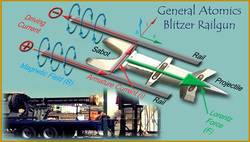
The electromagnetic railgun is a major weapons development program that will make explosive-based cannons a thing of the past. For decades, the Navy has been working towards arming warships with battle-ready electromagnetic railguns. This isn’t surprising considering that such a weapon has the potential to intercept missiles with an unparalleled combination of long-range accuracy and extreme velocity. Without much fanfare, in 2012 the Navy took possession of the first two prototype railguns from General Atomics and BAE Systems.
During testing of the General Atomics Blitzer railgun, rounds fired from the gun blasted right through a 1/8-inch thick steel plate located 100 meters downrange at Mach 5 (about 4,000 mph) and continued to travel more than four miles at zero elevation. The BAE Systems railgun did even better. It achieved a muzzle velocity of 5600 mph on a 23 lb payload. The escape velocity of the moon is only 5300 mph. Mission accomplished! Right?
Even at this early stage, the railgun is already capable of launching a 23 pound payload off the surface of the moon. We have our Mass Driver but getting it operational on the moon along with all the support needed to supply it with payloads… well, solving all of those problems must wait for another blogs.
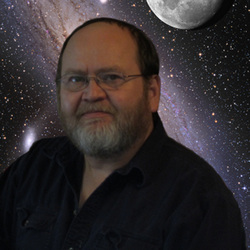
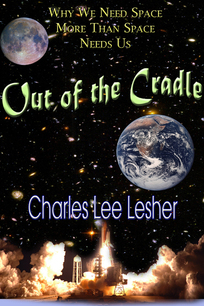



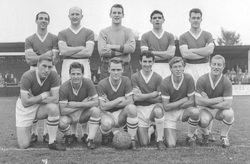
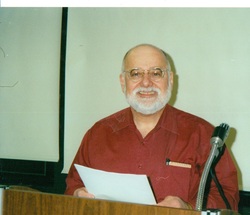

 RSS Feed
RSS Feed